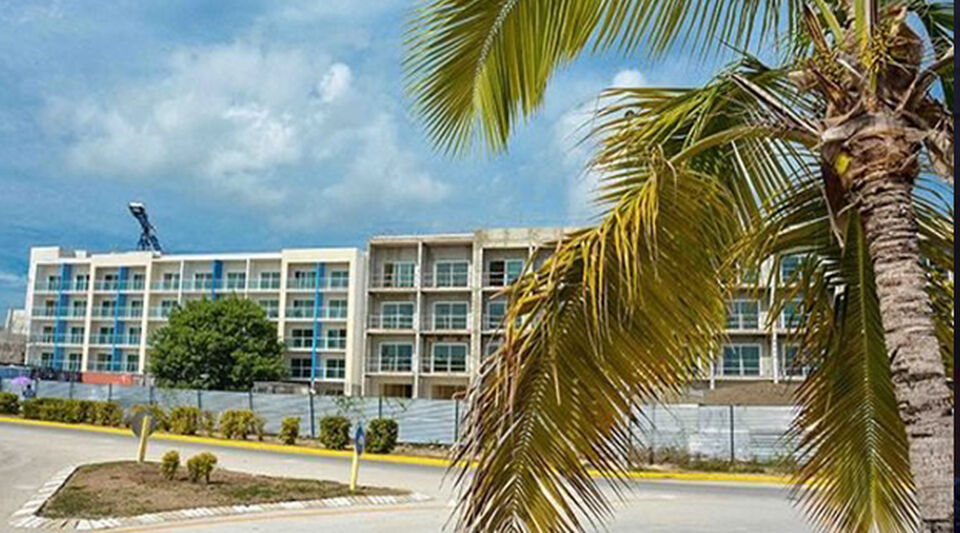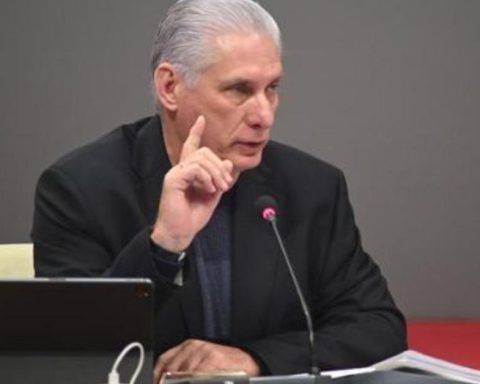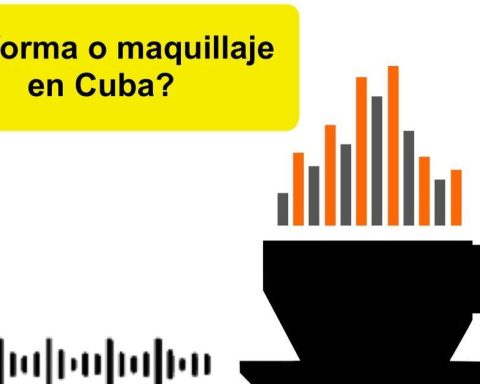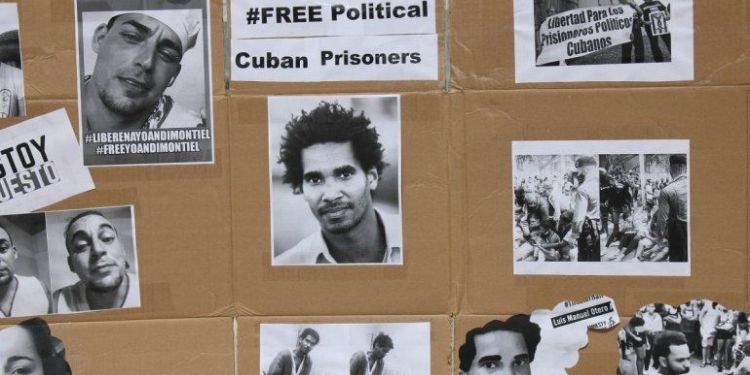The Iberostar hotel group, one of the Spanish companies sued in the US under the Helms-Burton law, requested that this legal action be dismissed with the central argument that the court does not have jurisdiction over a company based in Spain and without business or physical presence in the state of Florida.
In a judicial document to which EFE had access this Thursday and which includes an affidavit by Alberto Llompart, general counsel of Iberostar Hoteles y Apartamentos, SL, the company’s lawyers develop that argument and others in order to invalidate the lawsuit filed in 2020 by María Dolores Cantó Martí in the federal courts in Miami.
The plaintiff claims to have legal rights to a property in Cuba where her family had a hotel and which was confiscated after the triumph of the revolution in 1959, and alleges that Iberostar profited by operating that establishment, therefore, by virtue of Title III of the Helms-Burton Act, claims to be financially compensated.
Title III, which after 23 years in judicial limbo entered into force on May 2, 2019 by decision of then-President Donald Trump, allows companies to sue in the United States that profit from properties confiscated in Cuba before 1996, the year in which the Helms-Burton Act went into effect.
Iberostar, based on the island of Mallorca, not only questions the jurisdiction of the Miami court in this case, but also denies having operated the Hotel Imperial
In more than three years, 44 lawsuits have been filed and only one has been definitively resolved and not in court.
Iberostar, based on the island of Mallorca, not only questions the jurisdiction of the Miami court in this case, but also denies having operated the Hotel Imperial and points out that the rights of the plaintiff, María Dolores Cantó Martí, over the seized property do not they are proven.
“Iberostar Spain does not own, nor has it ever owned, the Imperial Hotel,” stresses Llompart, who also denies that his company has managed or operated it in partnership with the Cuban government.
According to Llompart, when this lawsuit was filed, the Imperial hotel did not display the Iberostar brand banner. “He only had it between 2017 and 2019,” he stresses.
After 23 years, in which successive US presidents kept Title III of the law promulgated by Bill Clinton on hold so as not to have problems with third countries, Trump decided to put it into force to pressure the Cuban government to make changes in the Island.
According to the US-Cuba Economic and Trade Council, a private and non-profit entity that has taken care of gathering all the information on the lawsuits invoking Title III, the 44 filed to date involve companies from 15 countries.
The only claimants who have received compensation so far are the Clafins, a family that in 1960 the Cuban regime confiscated the then-called “Soledad Sugar Company”
These are the US, Cuba, Canada, Chile, China, Denmark, France, Germany, the Netherlands, Panama, Singapore, Spain, Switzerland, Thailand and the United Kingdom.
The Council, led by John Kavulich, drew up a list of 87 entities that have actually been sued or notified that they may be sued, which is a prior step provided for in the title: Amazon, Visa, Booking, Expedia, Mastercard and Trivago are in the group, together with BNP Paribas, BBVA, Meliá, Iberostar, Barceló, NH Hotels, Pernod Ricard, Iberia, Air Europa, Latam, Societe Generale.
Some of the companies have had various lawsuits. The record is held by the travel platform, Expedia, which is included in eight cases.
According to the council, the only claimants who have received compensation so far are the Clafins, a family that in 1960 the Cuban regime seized from the then-called “Soledad Sugar Company.”
Justice has only issued a verdict so far, which requires each of the four defendant cruise companies, Norwegian, Carnival, Royal Caribbean and MSC to pay about 100 million dollars, but they can still appeal it.
Currently, ten lawsuits are being heard in the courts of appeal and those same judicial bodies have already dismissed six.
The US authorities have certified 5,913 cases of citizens and companies of the country that can benefit from Title III, for a total of 1,900 million dollars
This week it was learned that a ruling by the court of appeals for the 11th district of South Florida ratifies the decision of Judge James Lawrence King, who ruled in favor of Carnival and Royal Caribbean in July 2020 against the claim of the Cuban-American Javier García-Bengochea, heir to the land that houses the port of Santiago de Cuba.
García-Bengochea, a neurosurgeon and resident of Jacksonville, inherited the property in 2000 from a Costa Rican cousin, Desiderio Parreño, who in turn had received it from his brother, who died in 1972, Albert Parreño. The land had been expropriated in 1960 by the Cuban government, which destined it to become the Sierra Maestra terminal.
In it, ships from both shipping companies docked from 2016 until the US prohibited cruises to Cuba, which is why he filed a complaint in 2019 to claim compensation as the legitimate owner of the land.
In 2020, Justice James Lawrence King rejected the merits, finding that although the plaintiff legally received his estate, non-US citizens are not permitted to transfer their claims to property seized from US citizens by taking advantage of the provisions of the Helms-Act. Burton. The judge specifically noted that Congress tried to prevent this type of ploy by writing its law.
According to the US-Cuba Trade and Economic Council, the US authorities have certified 5,913 cases of citizens and companies of the country that can benefit from Title III, for a total of 1,900 million dollars, which with interest for more than 60 years would amount to 8,521 million.
________________________
Collaborate with our work:
The team of 14ymedio He is committed to doing serious journalism that reflects the reality of deep Cuba. Thank you for accompanying us on this long road. We invite you to continue supporting us, but this time becoming a member of our newspaper. Together we can continue transforming journalism in Cuba.















